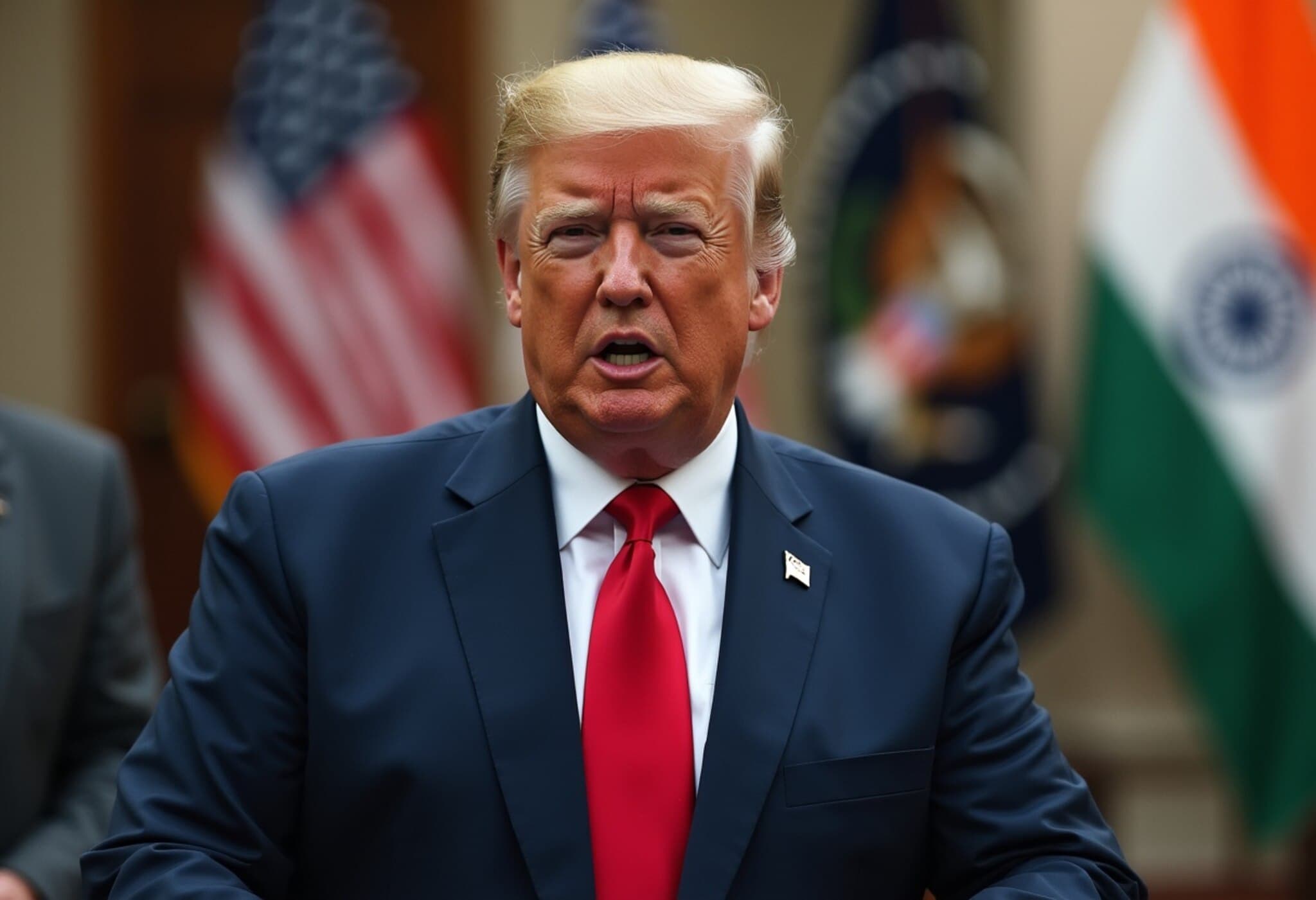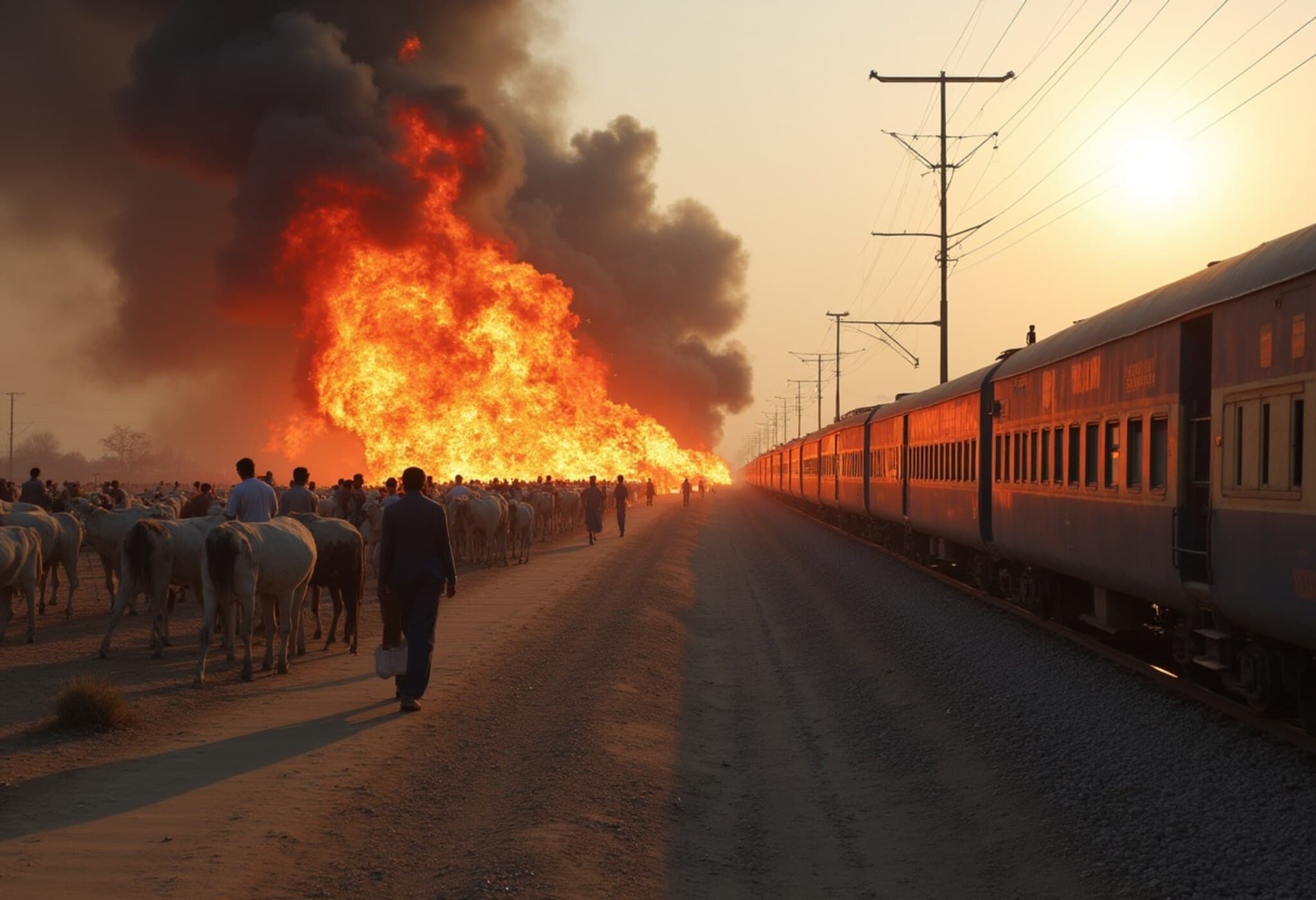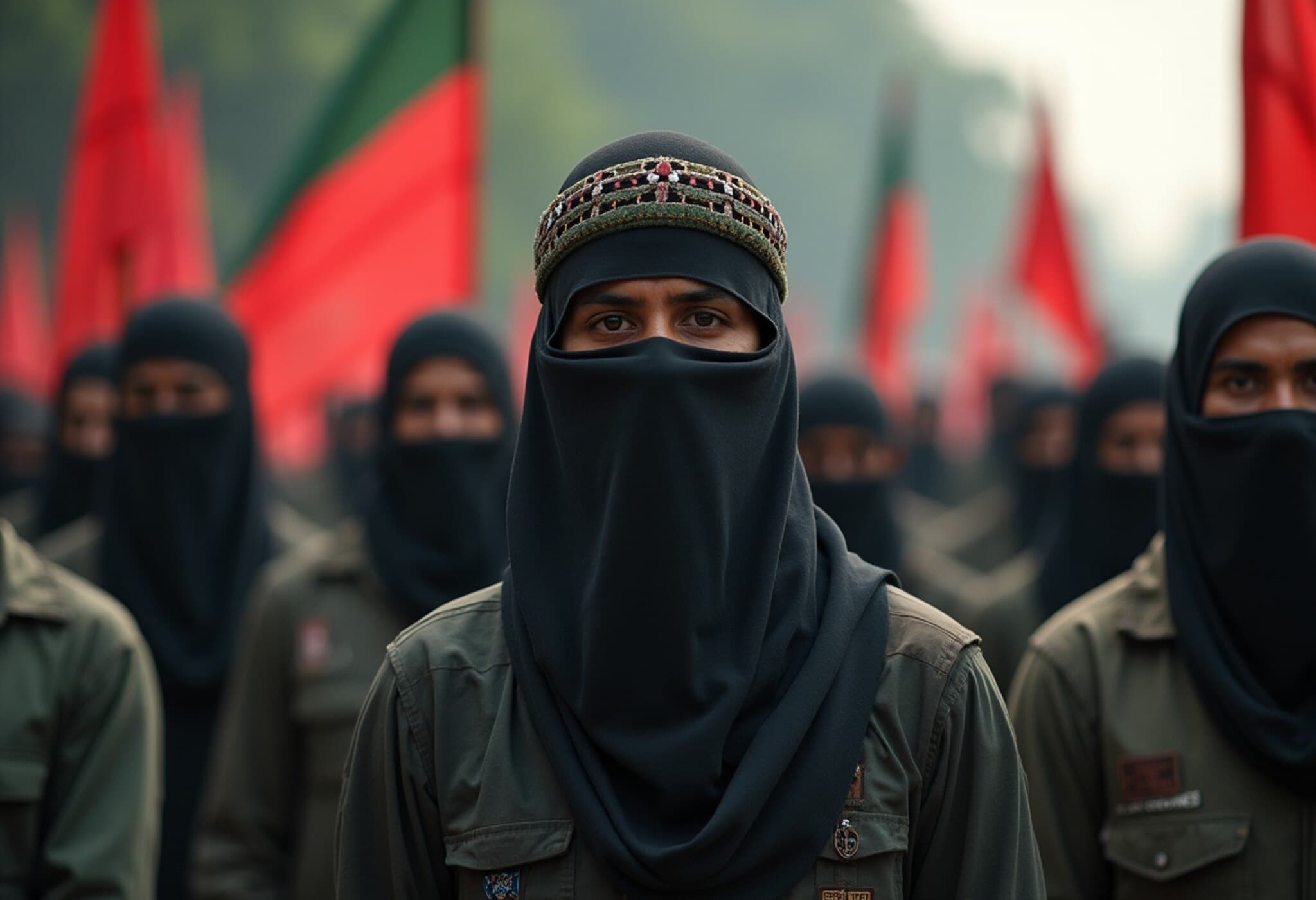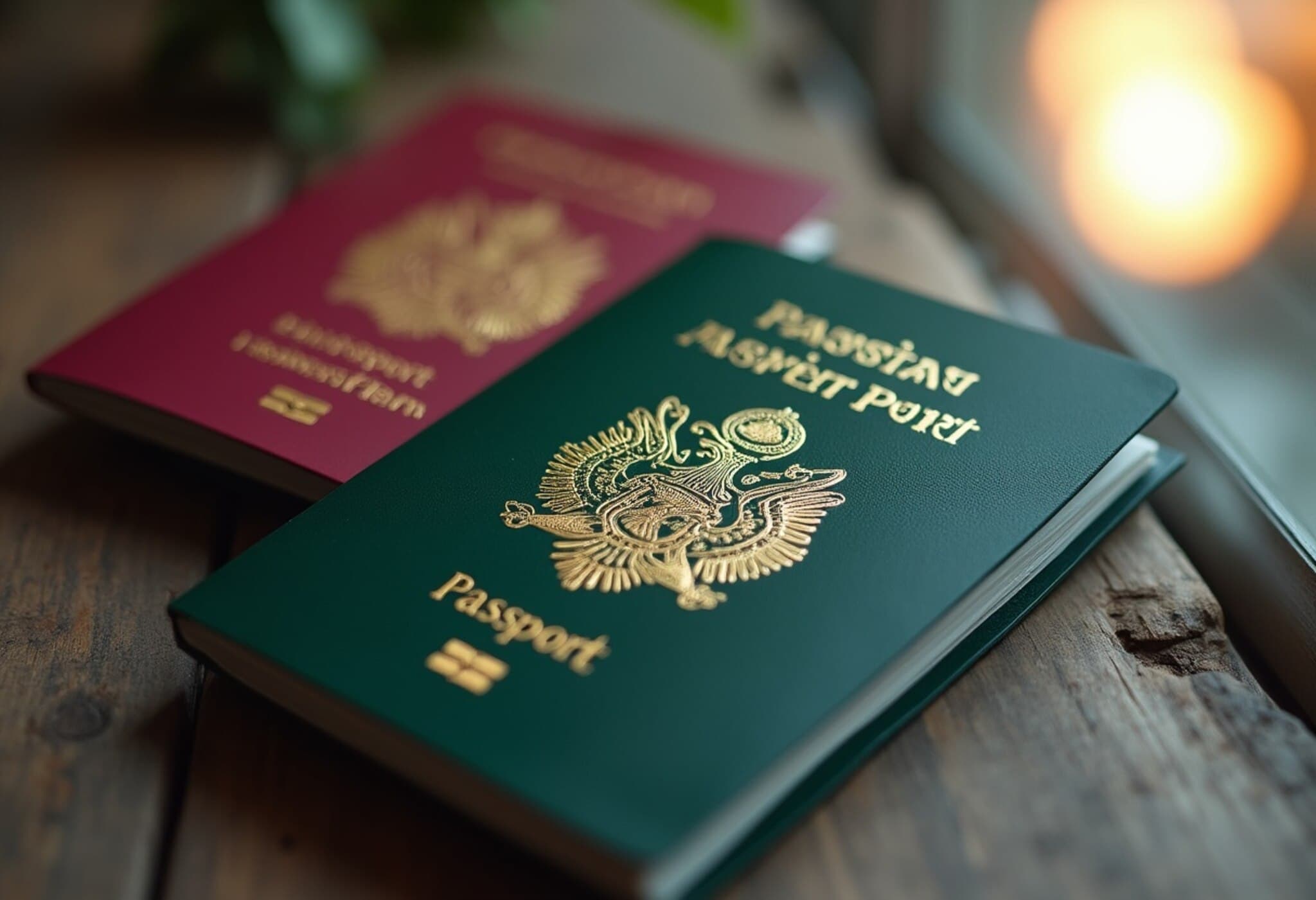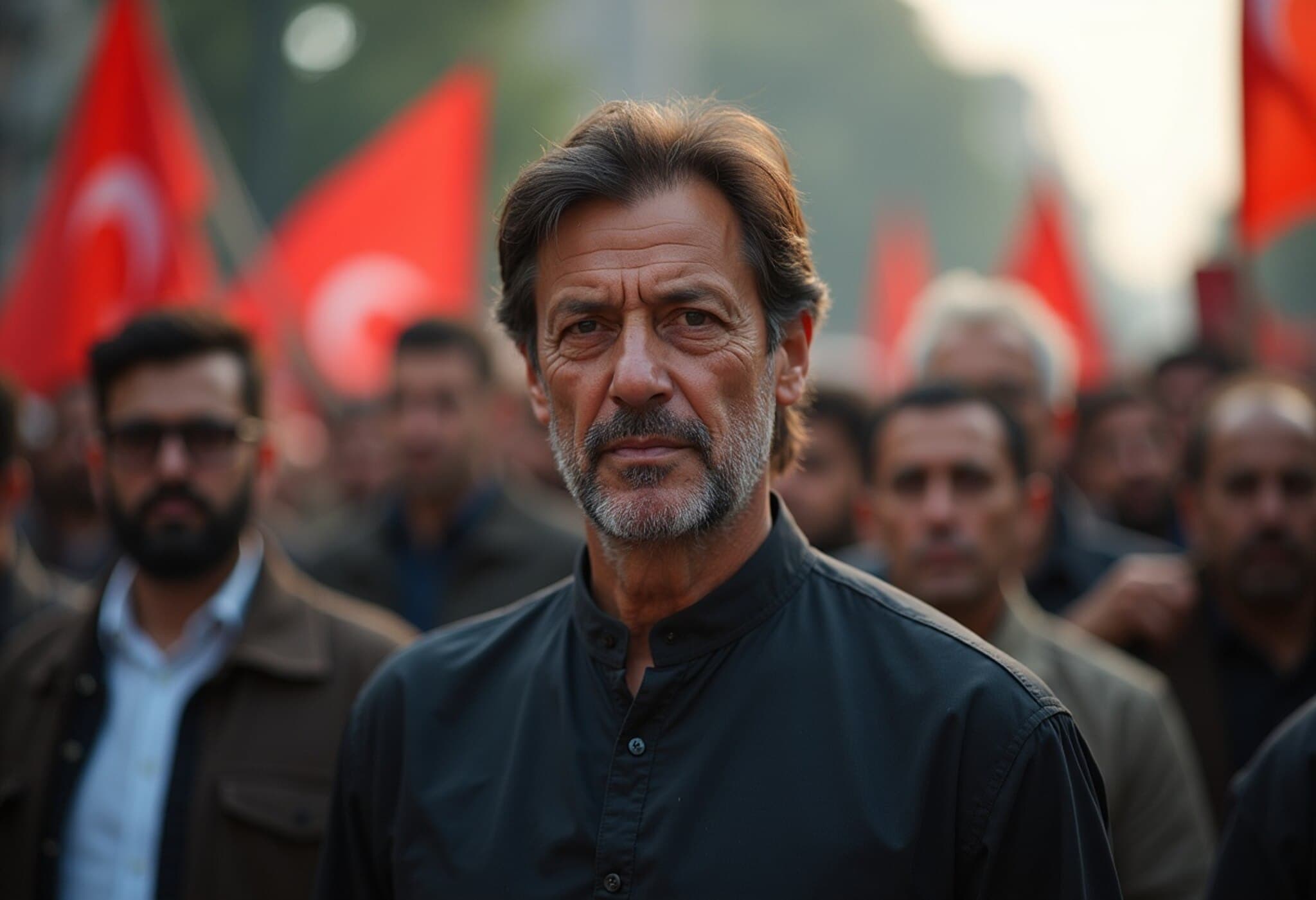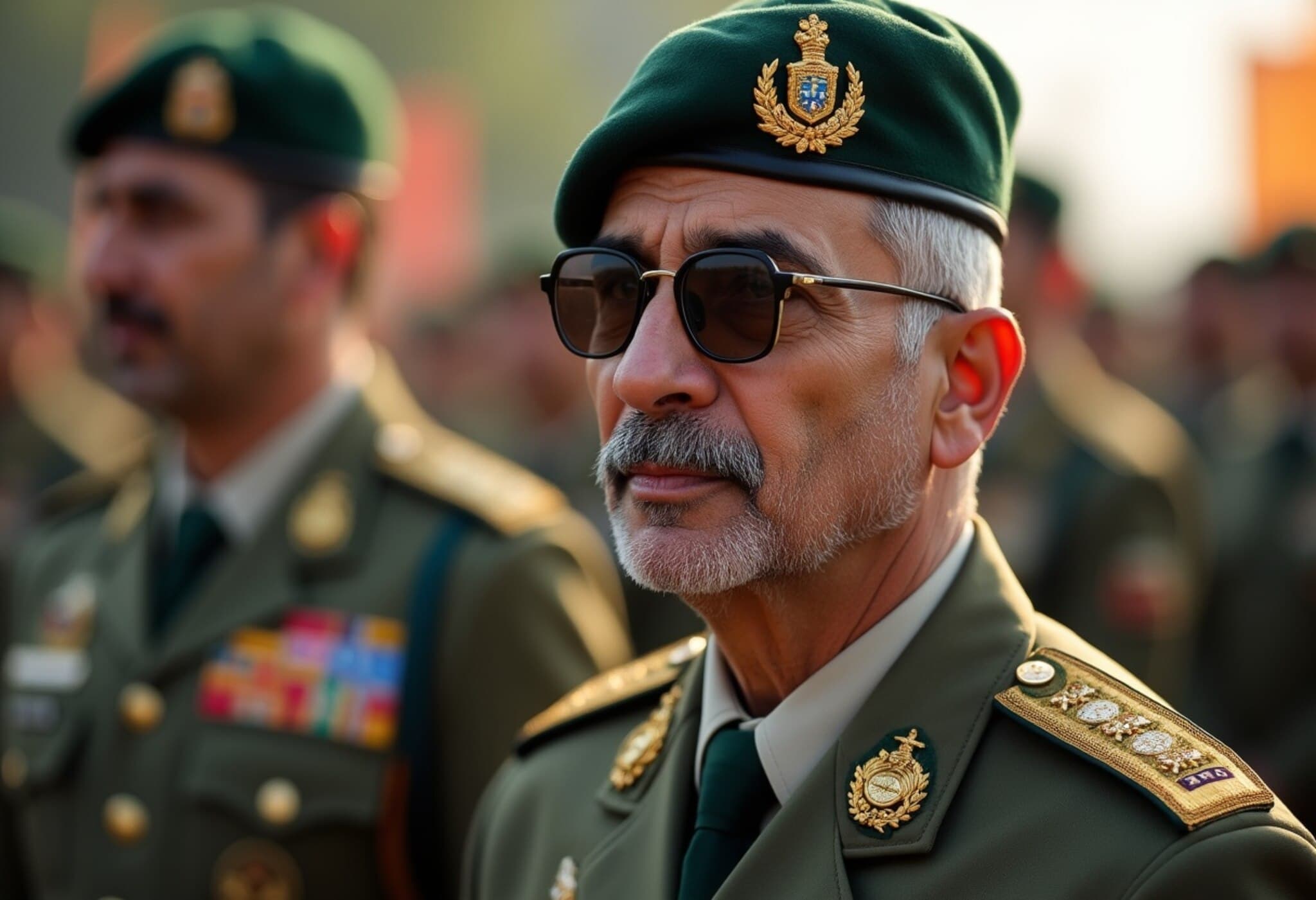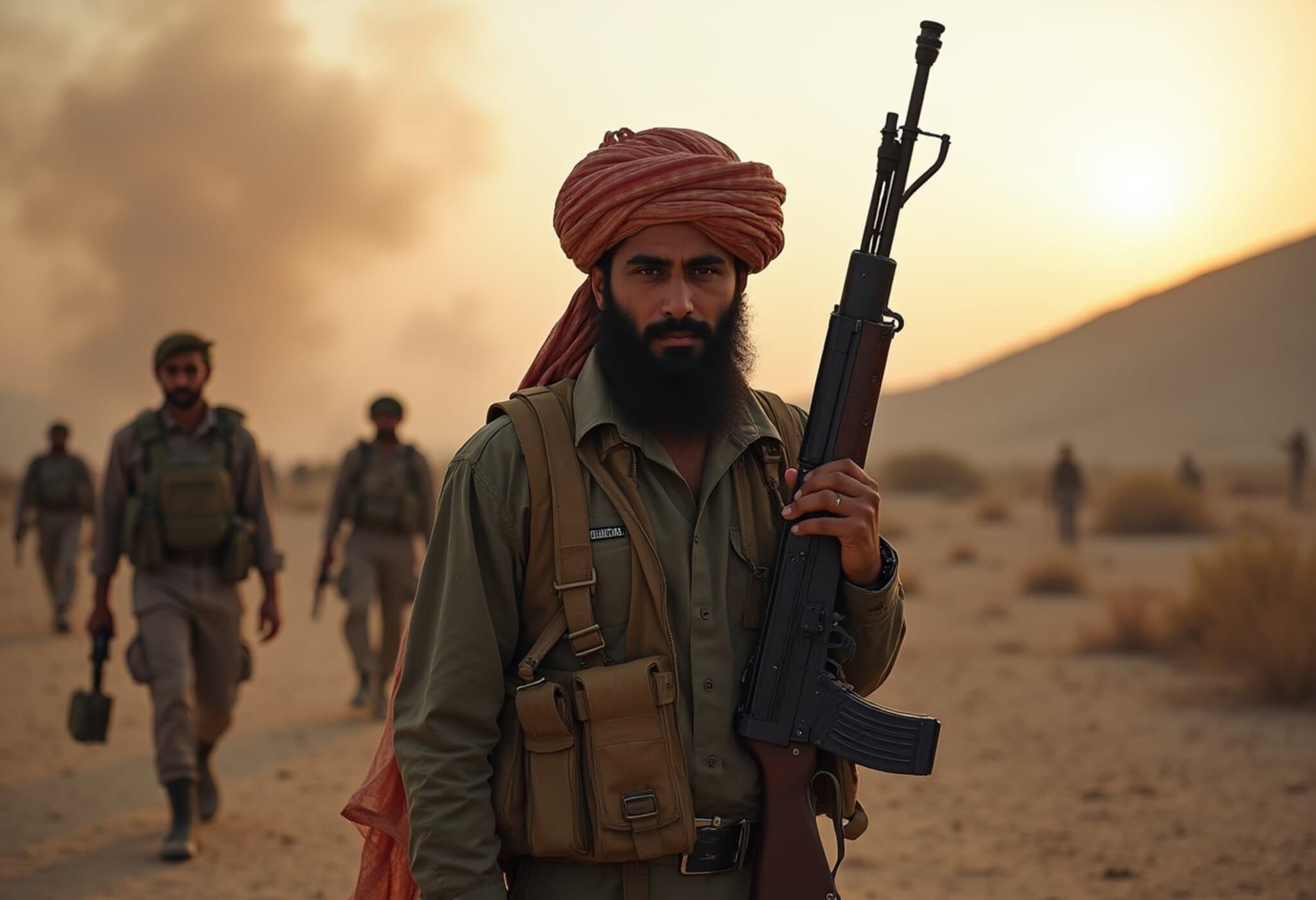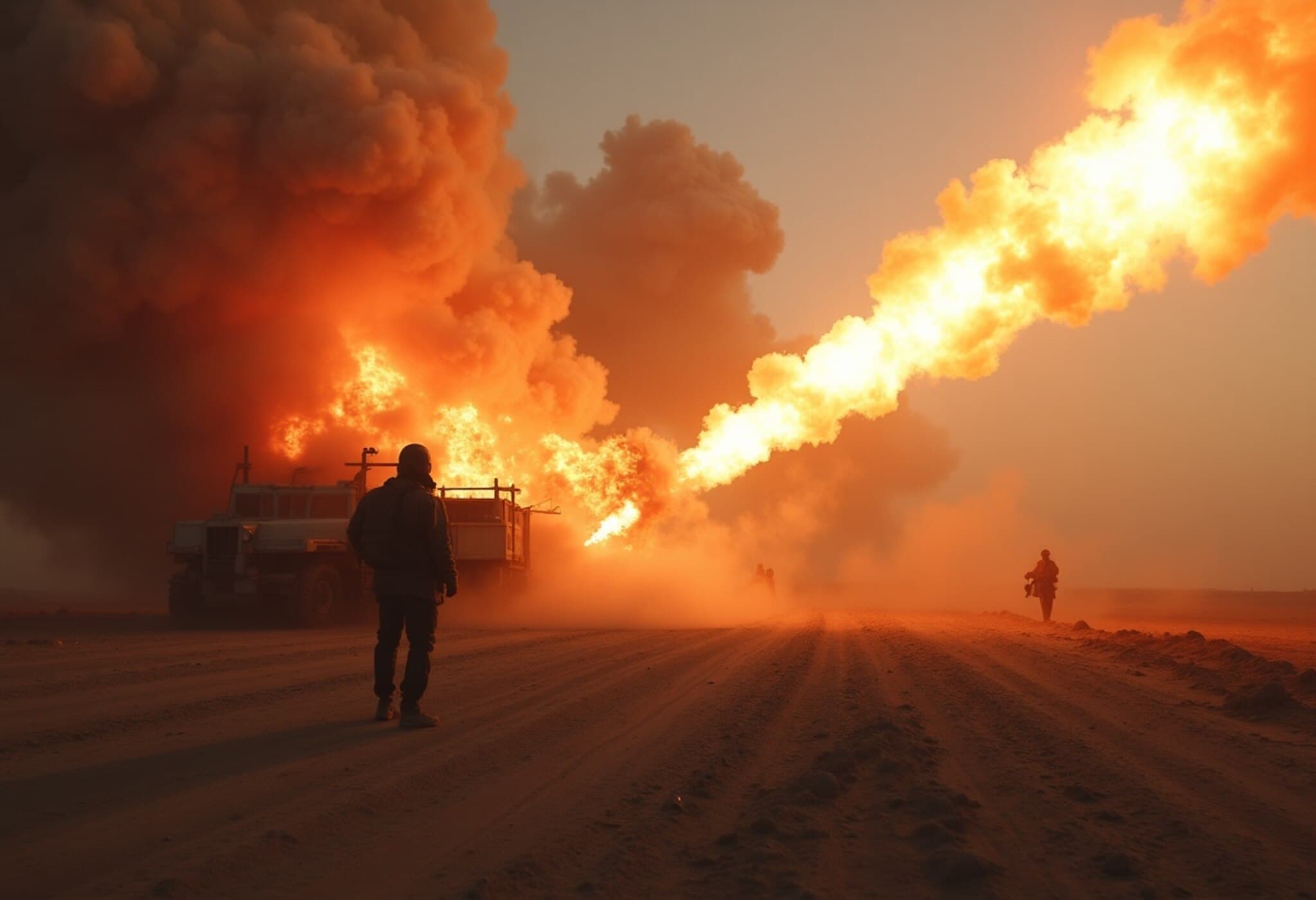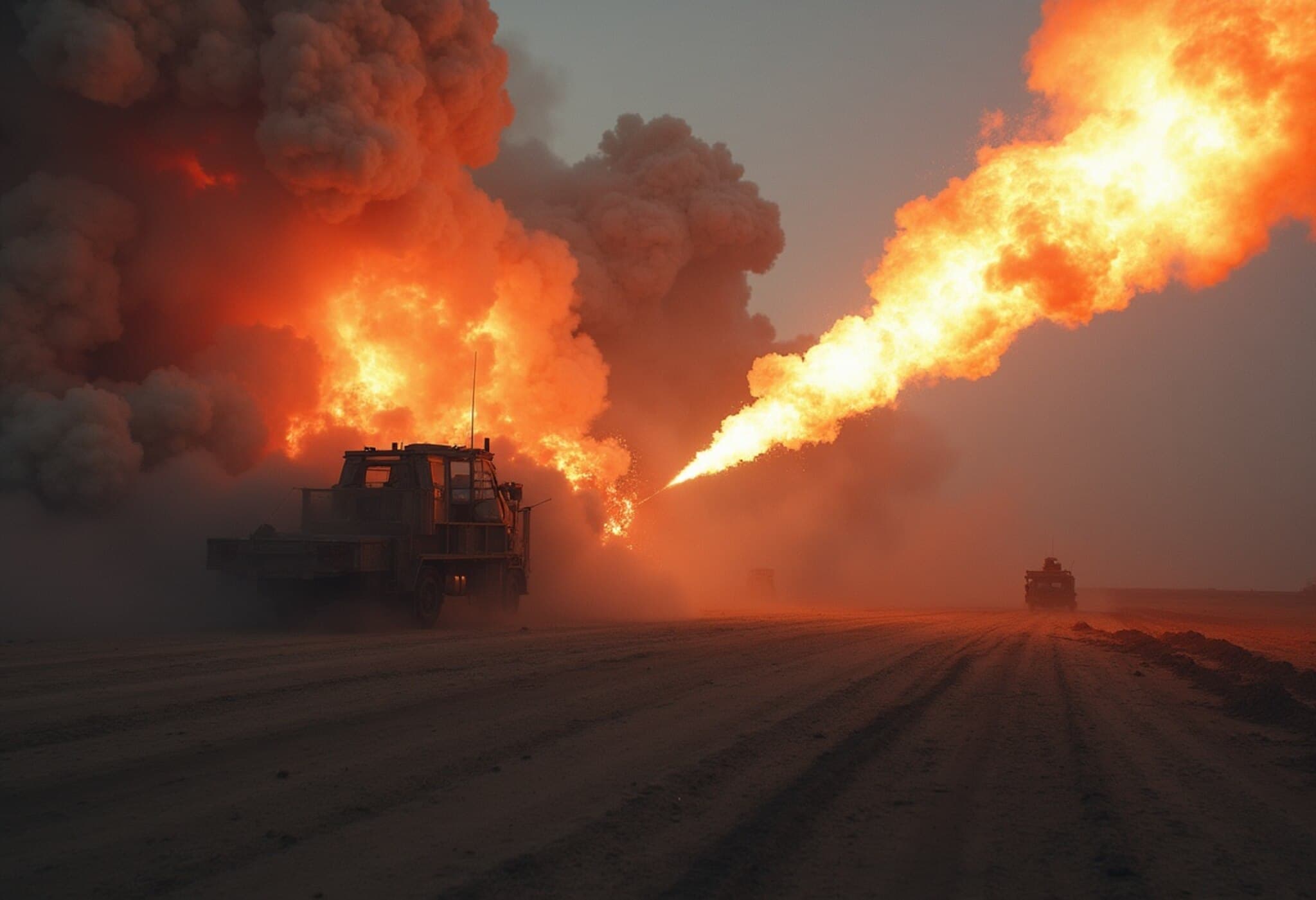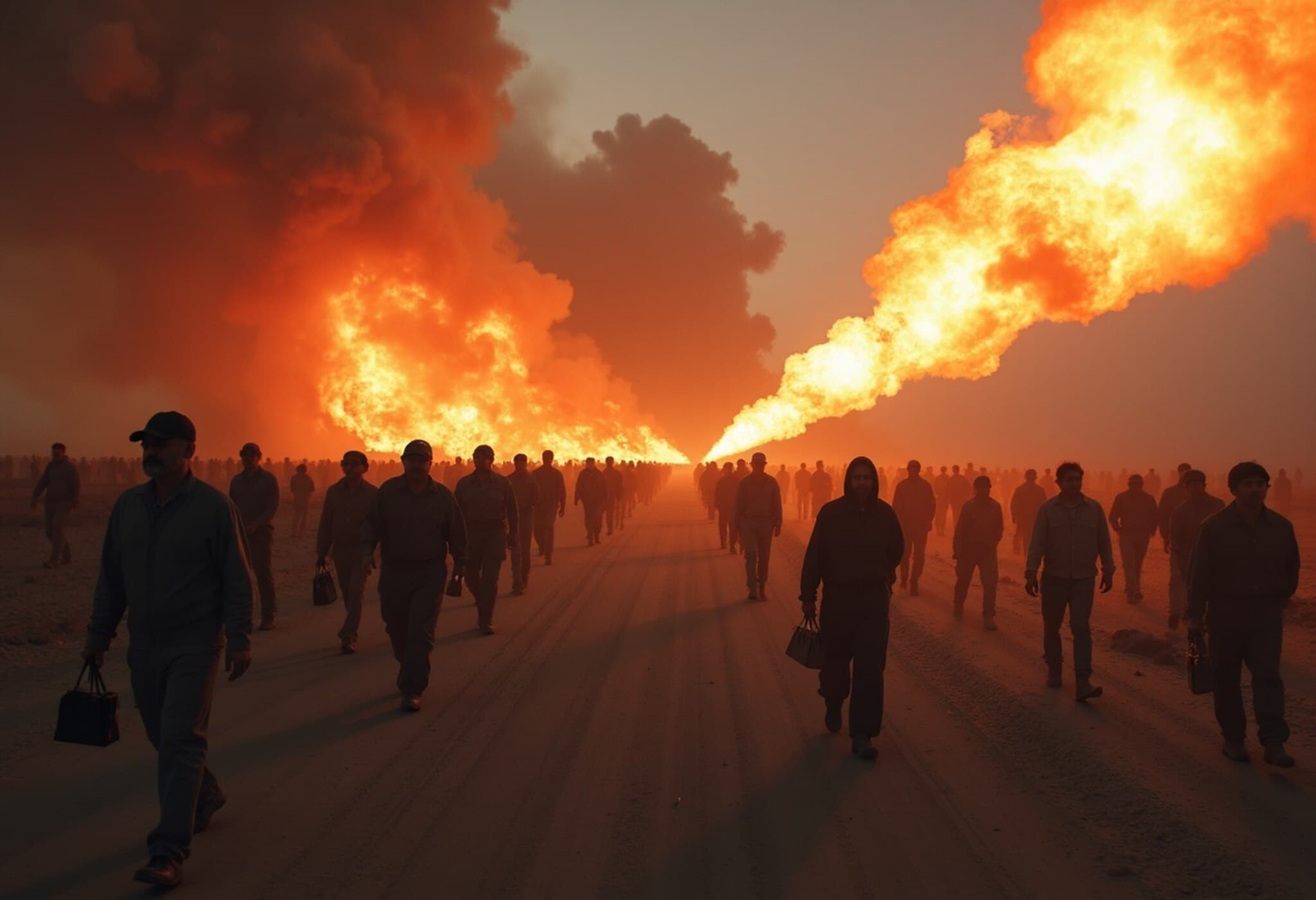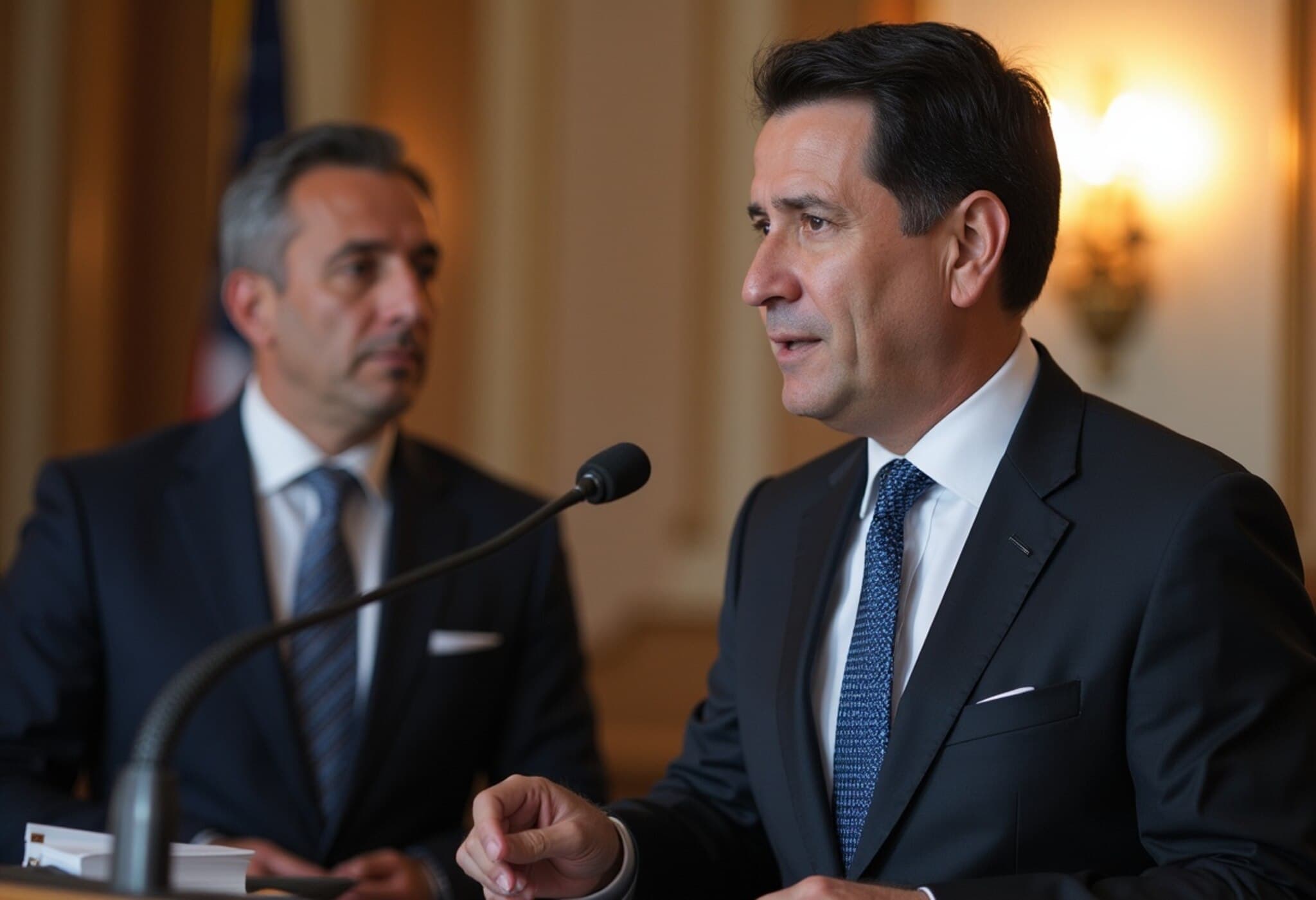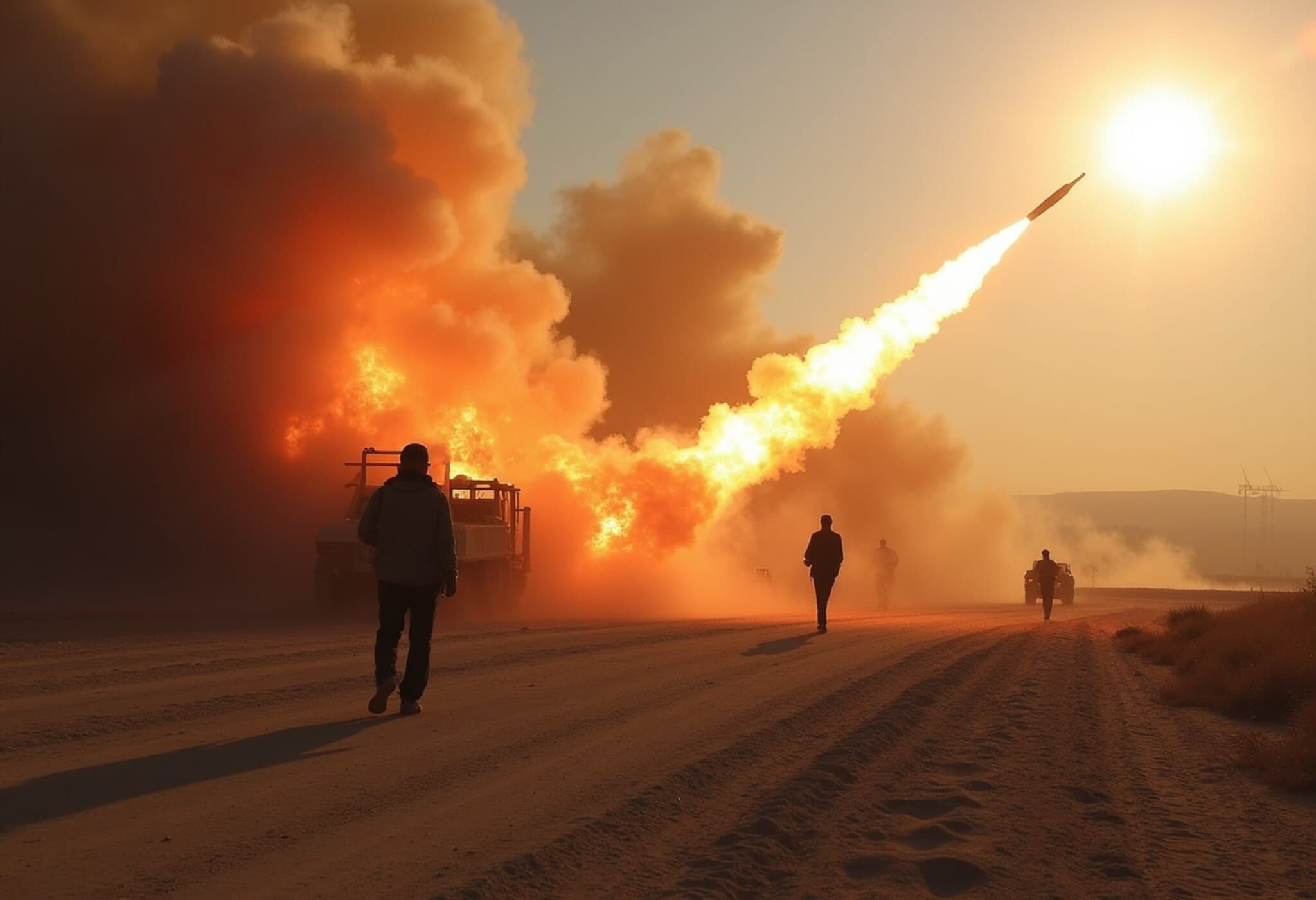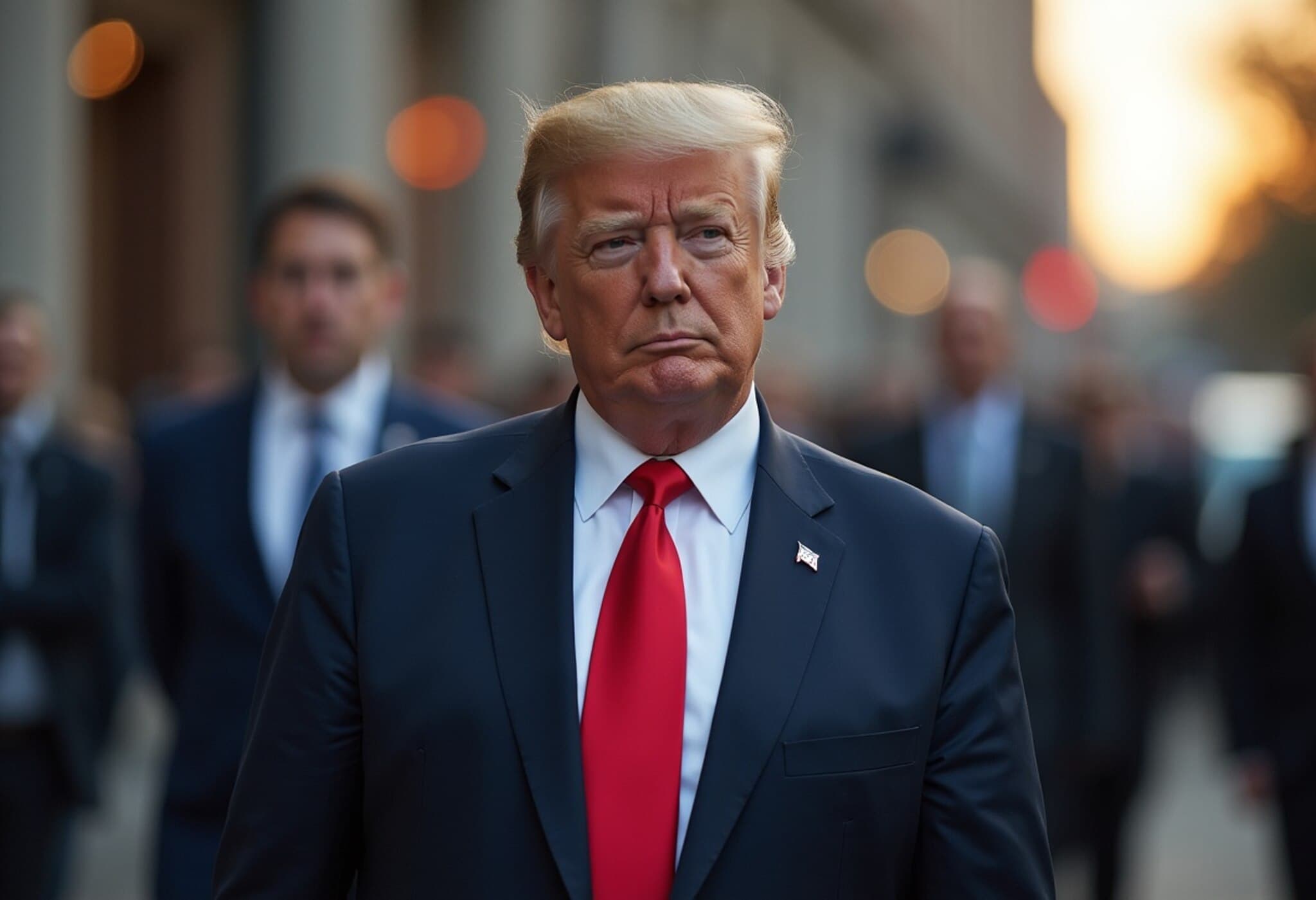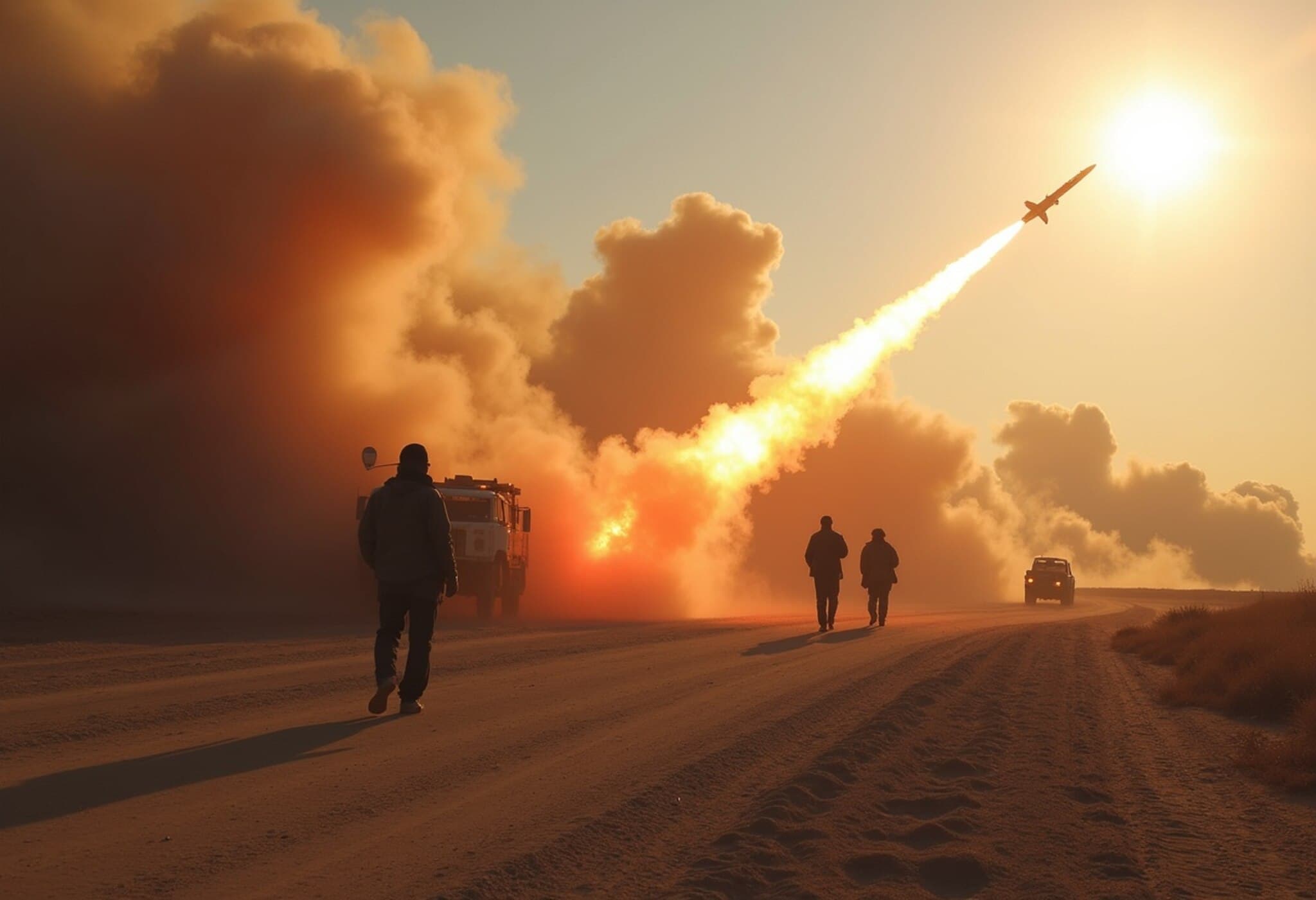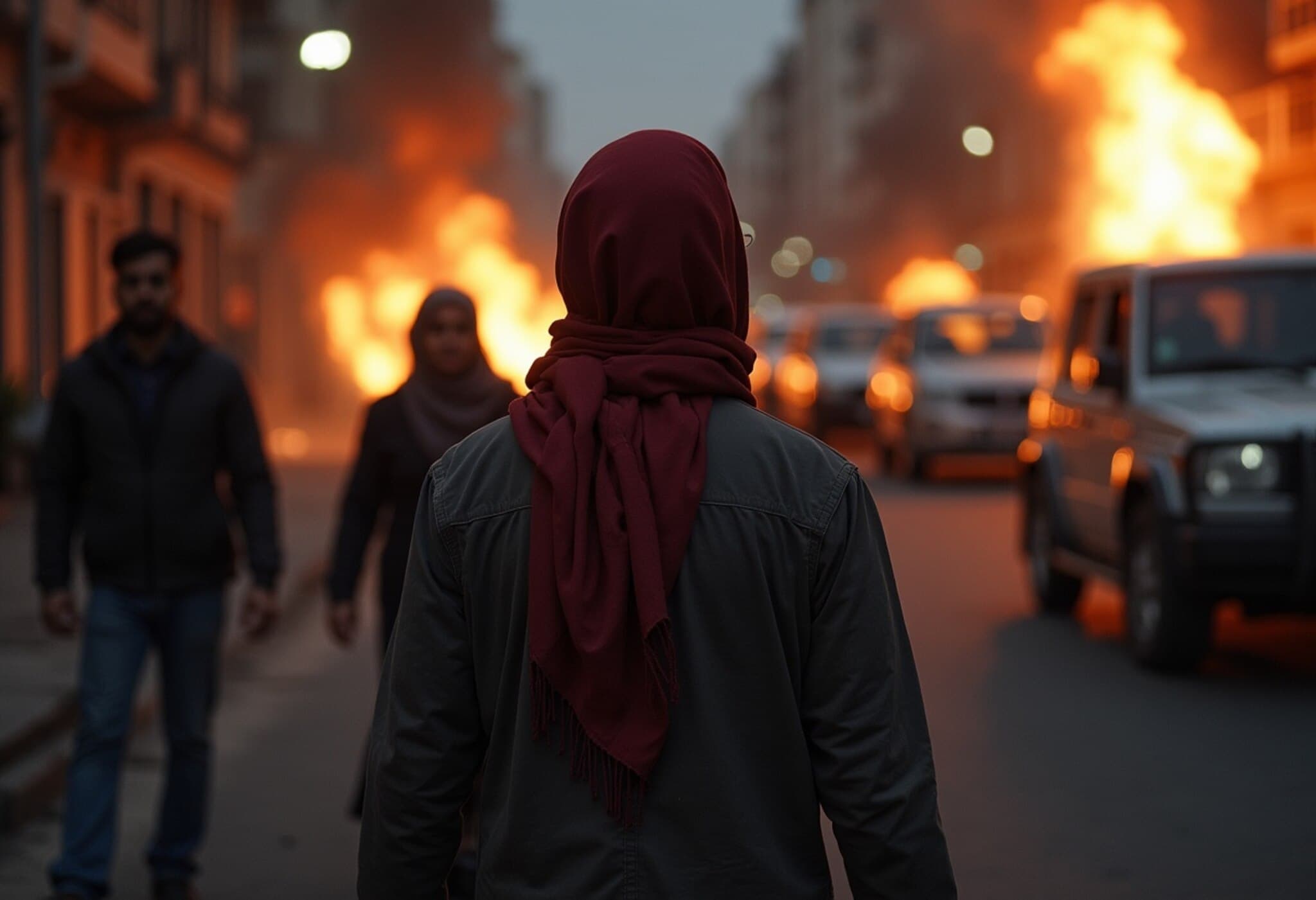Trump Asserts US Role in Defusing India-Pakistan Nuclear Conflict
Former US President Donald Trump has once again stirred international attention by claiming that his administration was pivotal in preventing a potentially devastating nuclear war between India and Pakistan. Speaking at various events last week, Trump detailed how his negotiation strategies and trade incentives helped de-escalate rising military tensions between the two nuclear-armed neighbors.
Allegations of Air Combat and Diplomatic Intervention
Donald Trump recounted events during a White House reception with Congress members, asserting that five jets were shot down in the escalating conflict. However, he did not specify which nation suffered these losses or clarify if these were combined casualties. Trump described the situation as “back and forth, back and forth,” emphasizing how dangerously close the confrontation had come to nuclear escalation.
He explained that he directly intervened by warning both countries against continuing the conflict, coupling his diplomacy with economic leverage. "I called them and said, ‘Listen, no more trade. If you do this, you’re not going to be good...',” Trump said, highlighting the use of trade as a peacekeeping tool between two volatile rivals.
Trump’s Broader Claims on Conflict Resolution
Beyond South Asia, Trump credited his leadership with mediating or halting conflicts in multiple regions, including the Democratic Republic of the Congo, Rwanda, Kosovo, and Serbia. He further claimed that the US destroyed Iran’s nuclear infrastructure during his tenure, positioning his administration as uniquely effective in peacekeeping compared to his predecessor.
“We do that on the House as compliments of America... Do you think (President Joe) Biden would do that? I don’t think so,” Trump remarked, invoking a narrative of strong US global leadership under his administration.
Reactions and Context: What’s the Ground Reality?
While Trump consistently insists on a US-mediated peace, officials from India and Pakistan have repeatedly stated that the cessation of hostilities was achieved through direct military-to-military dialogue, without outside mediation. Since May 10, Trump has referenced this supposed US-brokered truce multiple times, but independent verification remains lacking and the details remain murky.
This claim invites critical questions around the role of diplomacy, the influence of economic incentives in conflict resolution, and the narratives political figures craft around sensitive international crises.
Why This Matters: The Stakes of India-Pakistan Conflict
- Two nuclear nations: Any military escalation between India and Pakistan carries risk of nuclear exchange, destabilizing not just South Asia but global security.
- Historical tensions: The two countries have fought multiple wars since partition in 1947, with Kashmir remaining a flashpoint.
- International diplomacy: How major powers intervene or choose not to intervene influences regional peace and geopolitical alliances.
Trump’s narrative underscores the complex interplay of military brinkmanship and diplomatic strategy, demonstrating how high-stakes peace can sometimes hinge on backchannel deals and economic enticements.
Editor’s Note
The contention surrounding the India-Pakistan truce and the US’s role encapsulates wider discussions about political narratives and the realities of international conflict management. While Trump’s claims of preventing nuclear war through trade diplomacy are bold, official accounts from the involved nations point to alternative, indigenous pathways to peace. Readers should consider the geopolitical nuances and the importance of corroborated facts when interpreting such high-profile assertions.
As South Asia remains a tinderbox of competing ideologies, nationalism, and historic grievances, understanding these diplomatic episodes requires scrutiny beyond headlines — appreciating the voices from ground zero as much as from global powers.

